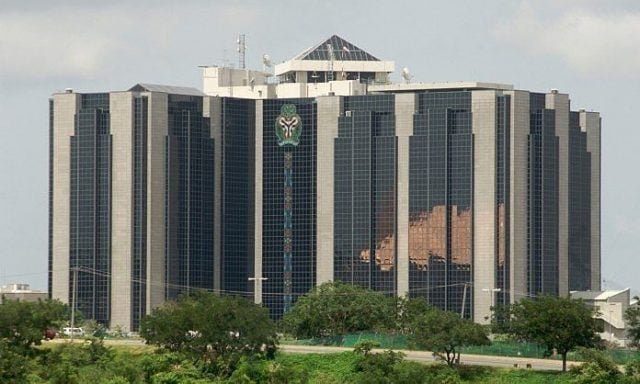
CBN Pumps $1.25bn into Fuel Import as Marketers Compete with Dangote Refinery
By Damilola Aina | October 27, 2025
The Central Bank of Nigeria (CBN) has injected a total of $1.259 billion into the oil and gas sector for the importation of petroleum products and related items between January and March 2025, according to new data reviewed by The PUNCH.
The release comes amid the continued importation of fuel by marketers, despite the growing availability of locally refined petrol from the Dangote Petroleum Refinery.
Data from the Nigerian Midstream and Downstream Petroleum Regulatory Authority (NMDPRA) revealed that petroleum marketers imported 69% of the 21 billion litres of petrol consumed nationwide between August 2024 and early October 2025.
Between January and March 2025 alone, a total of 2.28 billion litres of petrol were imported — one of the lowest quarterly import volumes in recent years, signifying a gradual shift toward local refining and blending.
According to the CBN’s Quarterly Statistical Bulletin, $457.83m was released in January (36.2%), dropping to $283.54m in February (22.5%), before rebounding to $517.55m in March (41.3%) — the highest monthly allocation within the quarter.
Competition Between Importers and Dangote Refinery
The latest figures highlight the growing battle for market share between Dangote Refinery and fuel-importing marketers, as both sides compete for dominance in Nigeria’s downstream oil sector.
Despite the refinery’s capacity to meet domestic fuel demand, many marketers continue to import petrol, driven largely by pricing dynamics and foreign exchange fluctuations.
The National Publicity Officer of the Independent Petroleum Marketers Association of Nigeria (IPMAN), Chinedu Ukadike, explained that pricing remains the key factor guiding marketers’ decisions.
“In this business, pricing is everything. If imported products are cheaper, we have no choice but to patronise importers. But if Dangote’s refinery offers a better price, of course, we will buy locally,” Ukadike said.
He added that the price gap between imported and locally refined products fluctuates with global oil prices, exchange rates, and policy shifts, leaving marketers to make purely economic — not emotional — decisions.
Import Parity and Market Impact
The latest Energy Bulletin from the Major Energies Marketers Association of Nigeria (MEMAN) shows a further reduction in the import parity price of Premium Motor Spirit (PMS), now pegged at ₦805.46 per litre at the spot rate.
This sustained drop, analysts say, reflects global crude price pressure, exchange rate volatility, and ongoing market competition between importers and domestic refiners.
While Dangote Refinery has started exporting petrol to markets like the United States, industry observers believe that pricing competitiveness will ultimately determine whether Nigeria transitions fully to local refining in the coming years.



